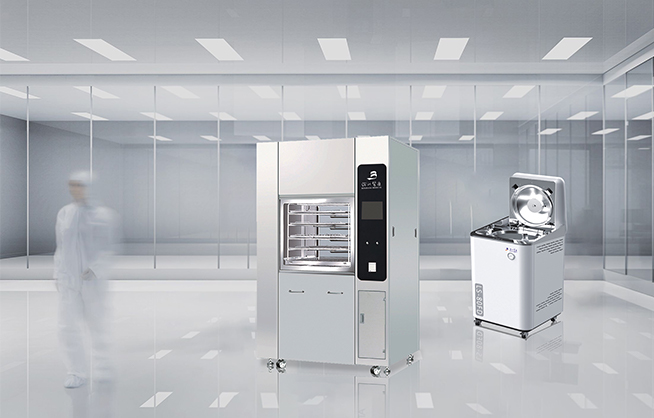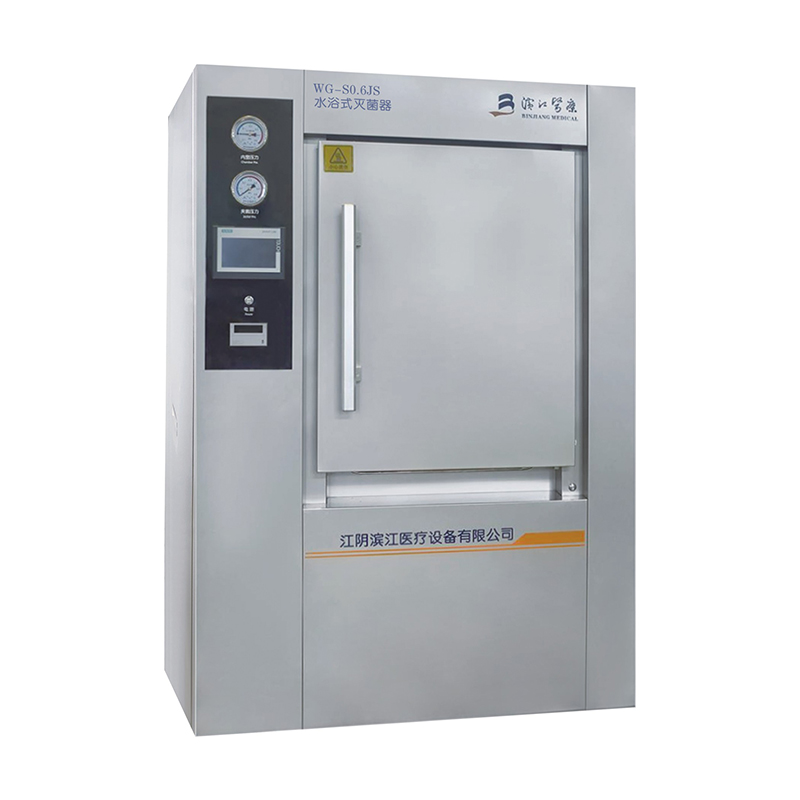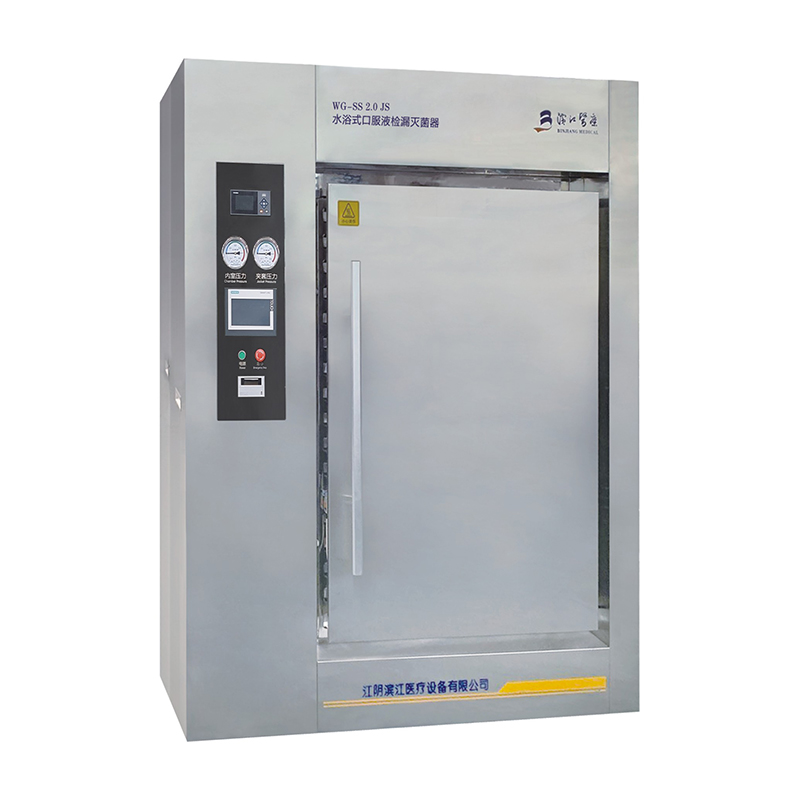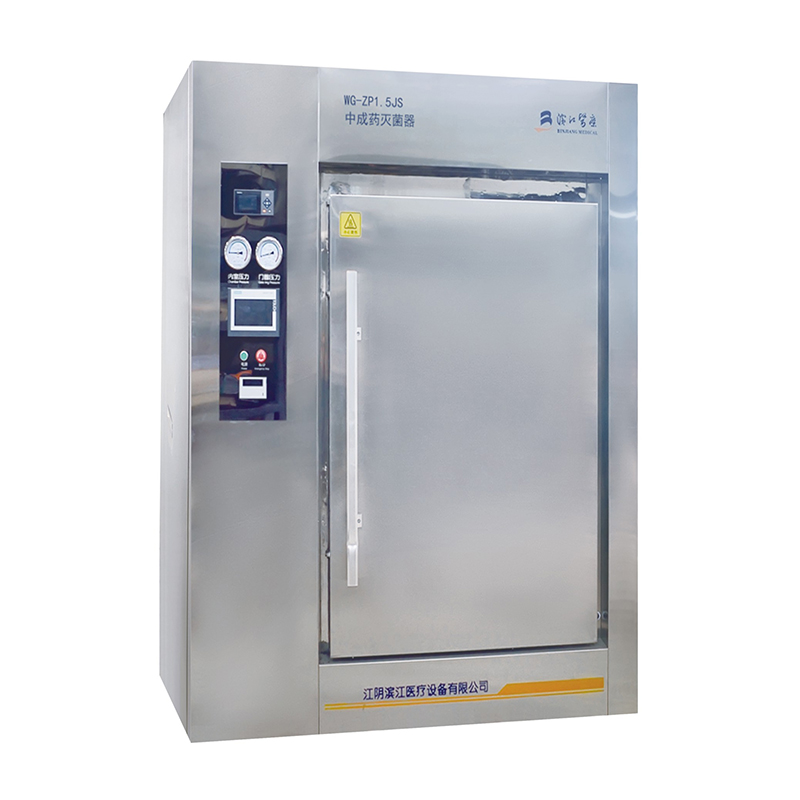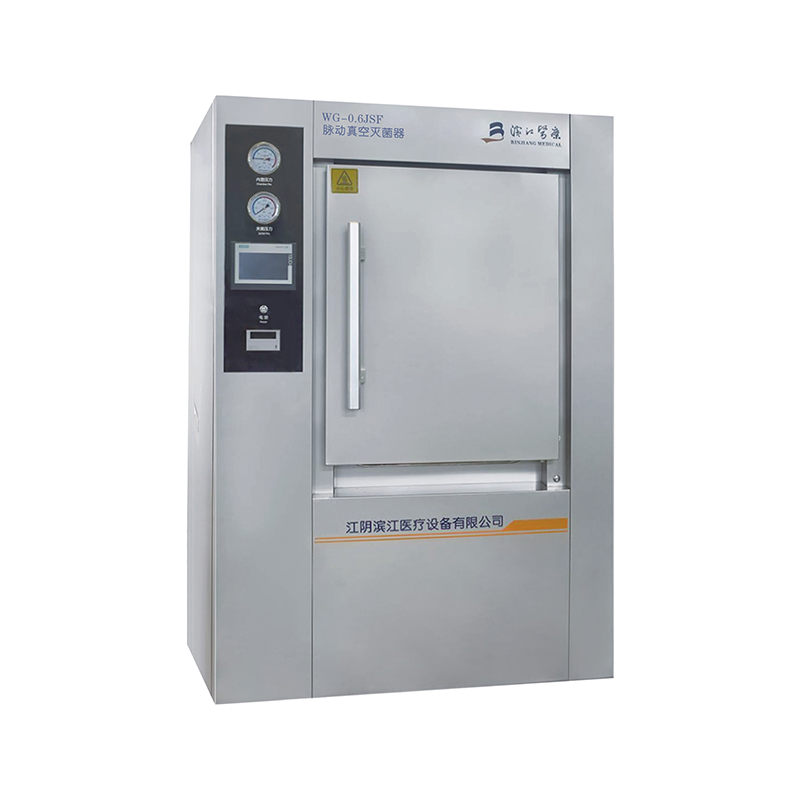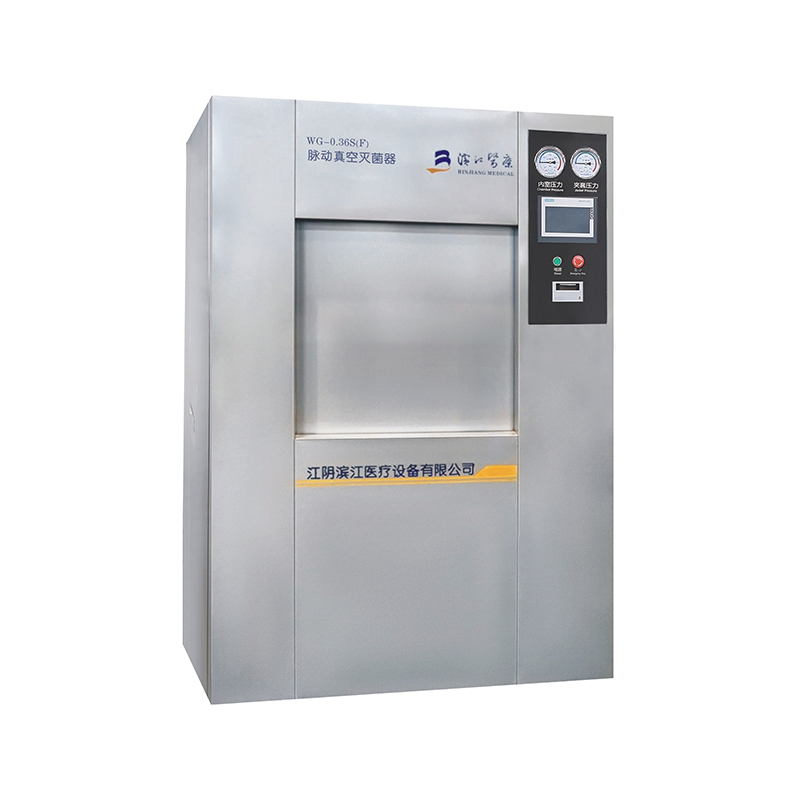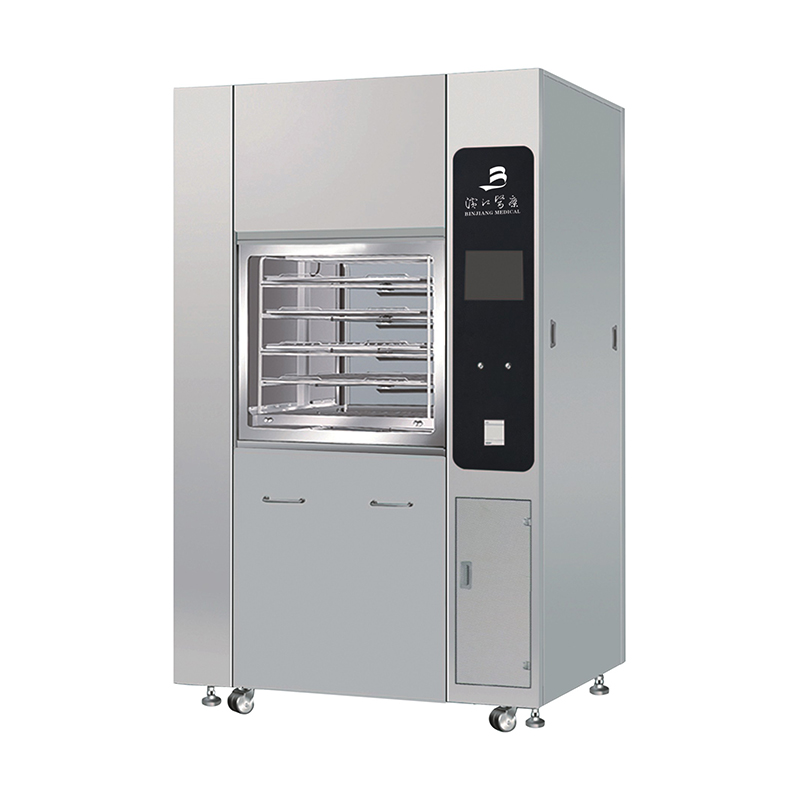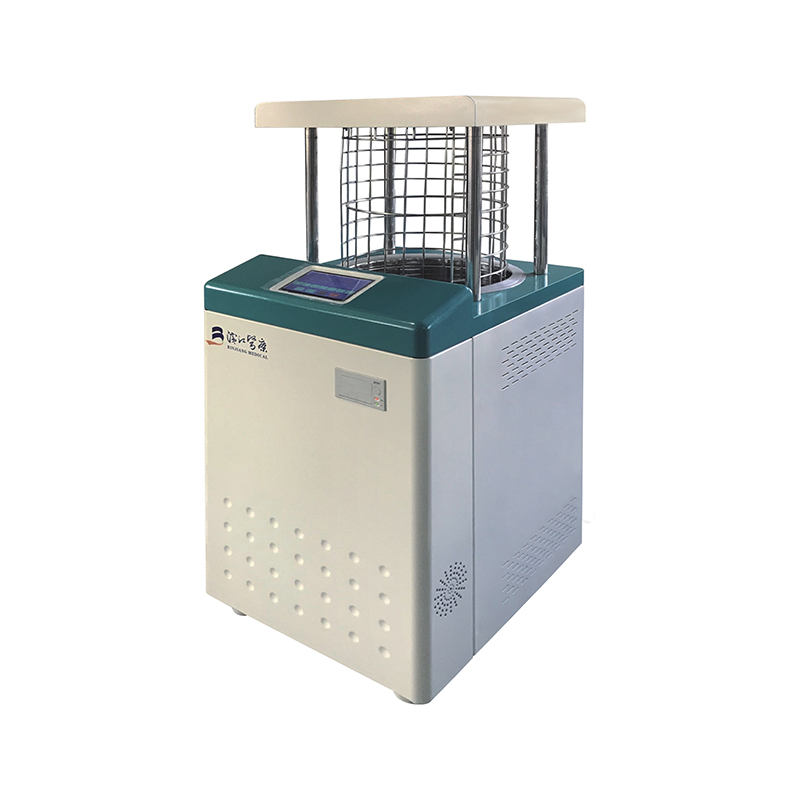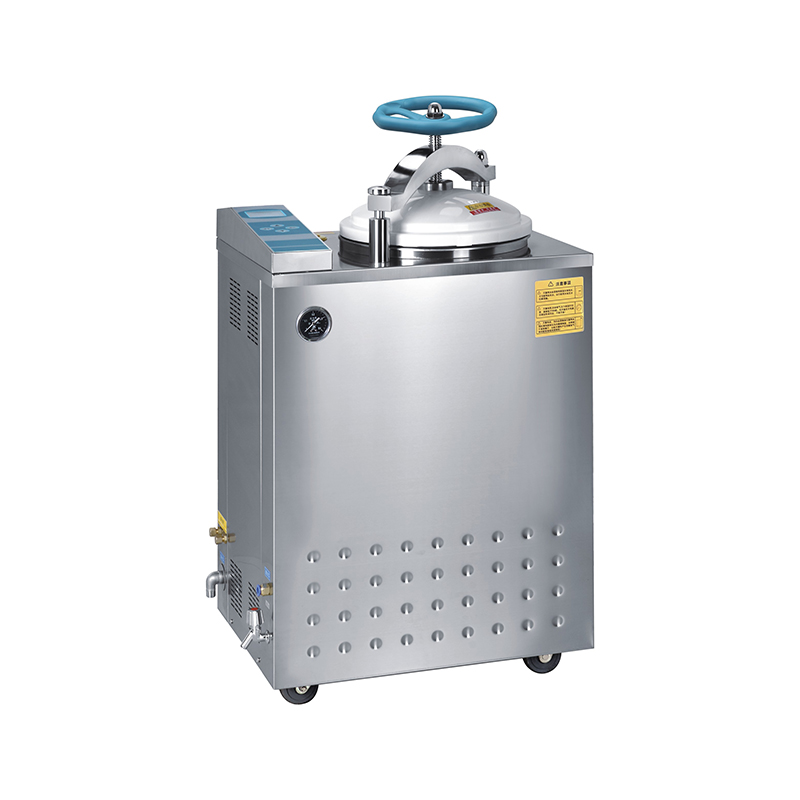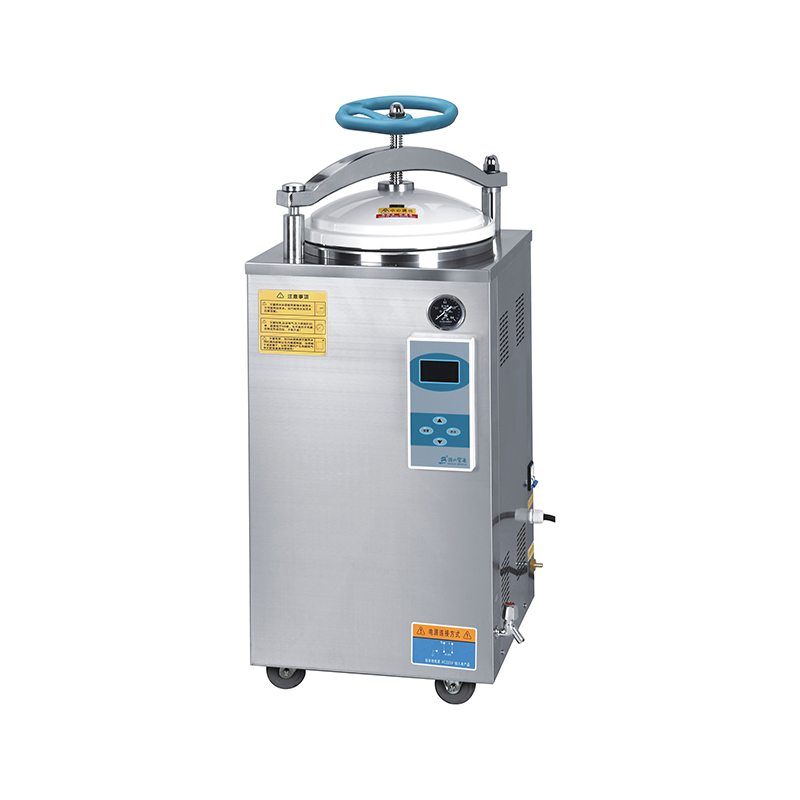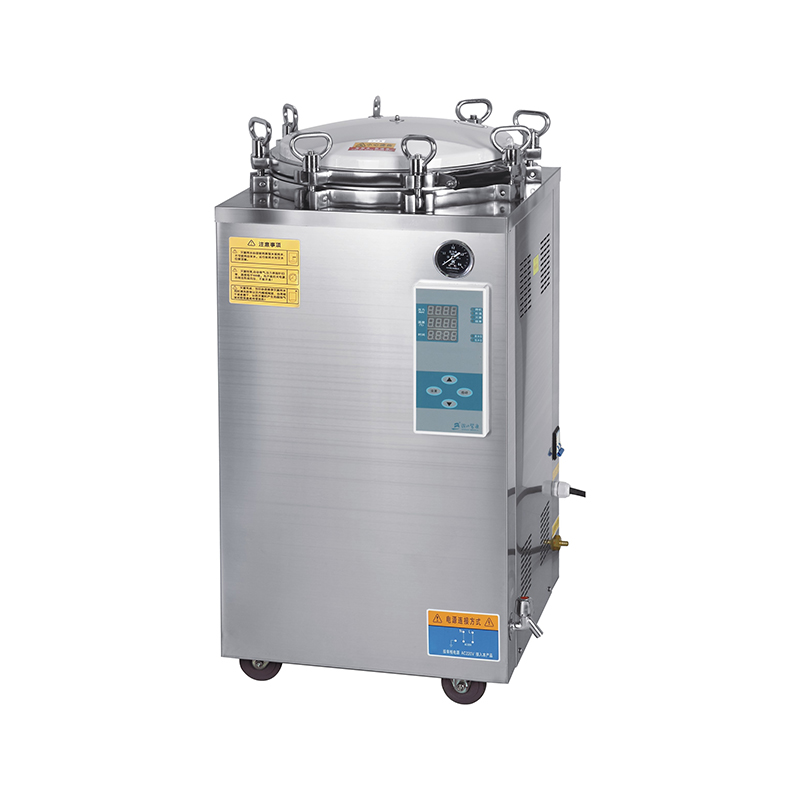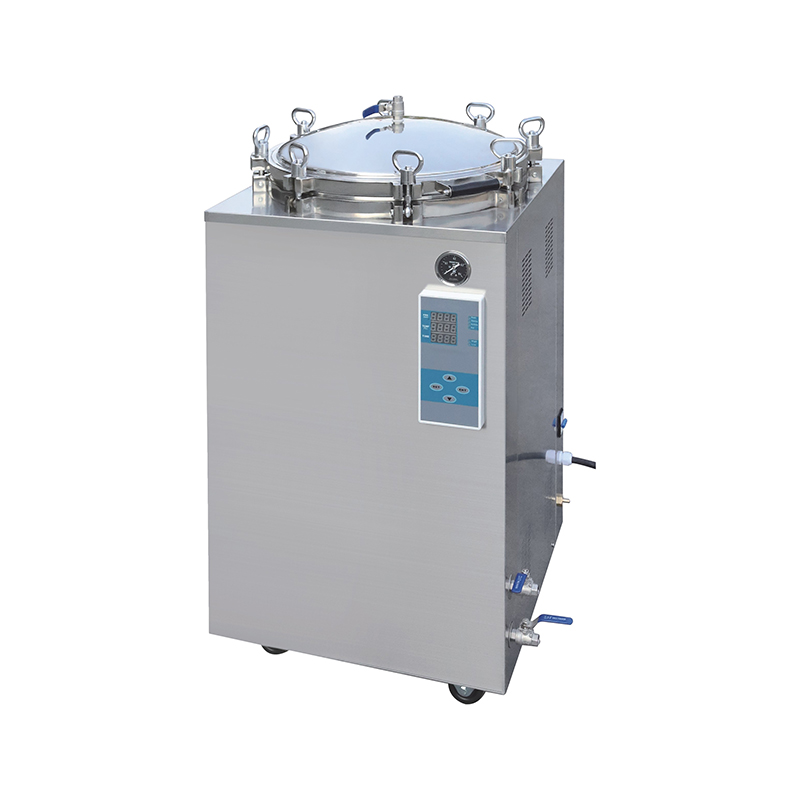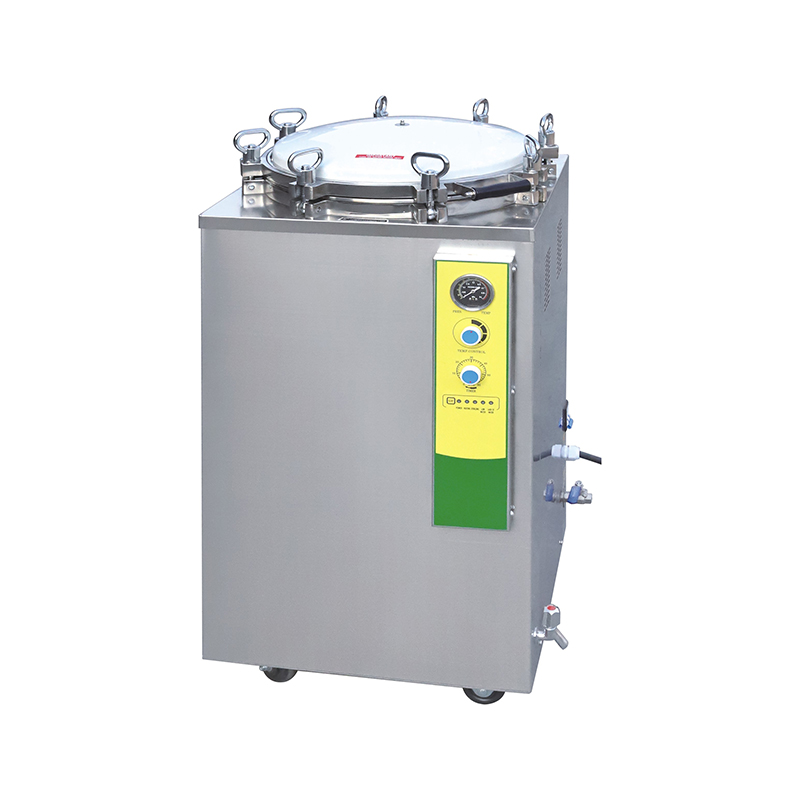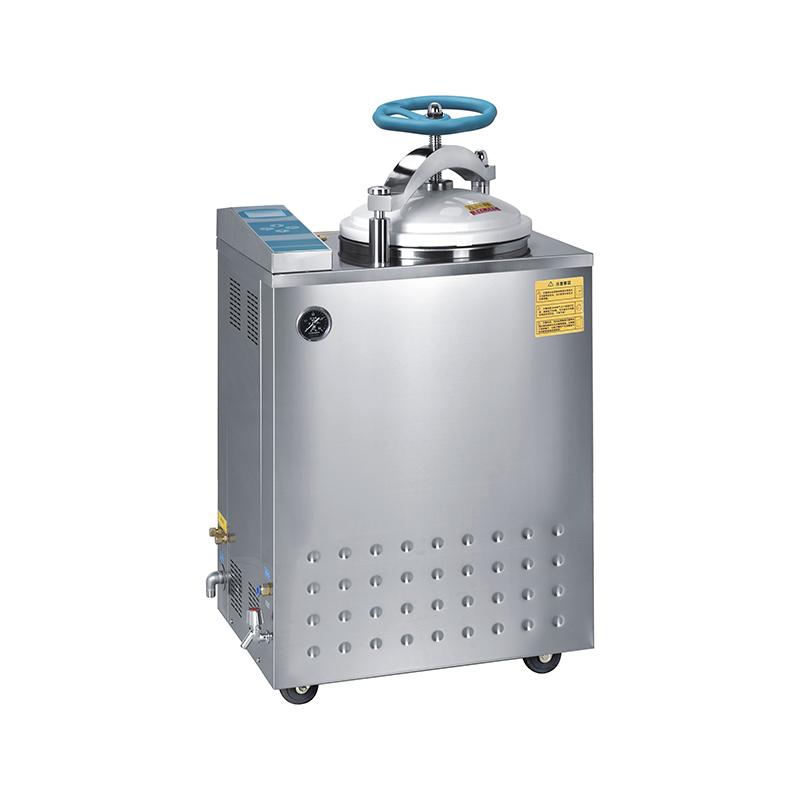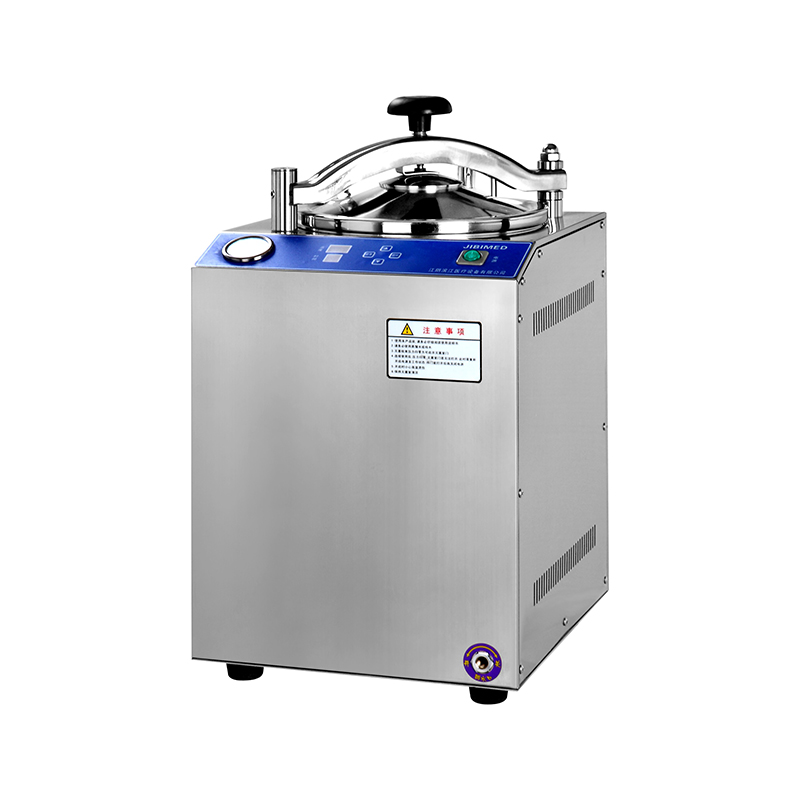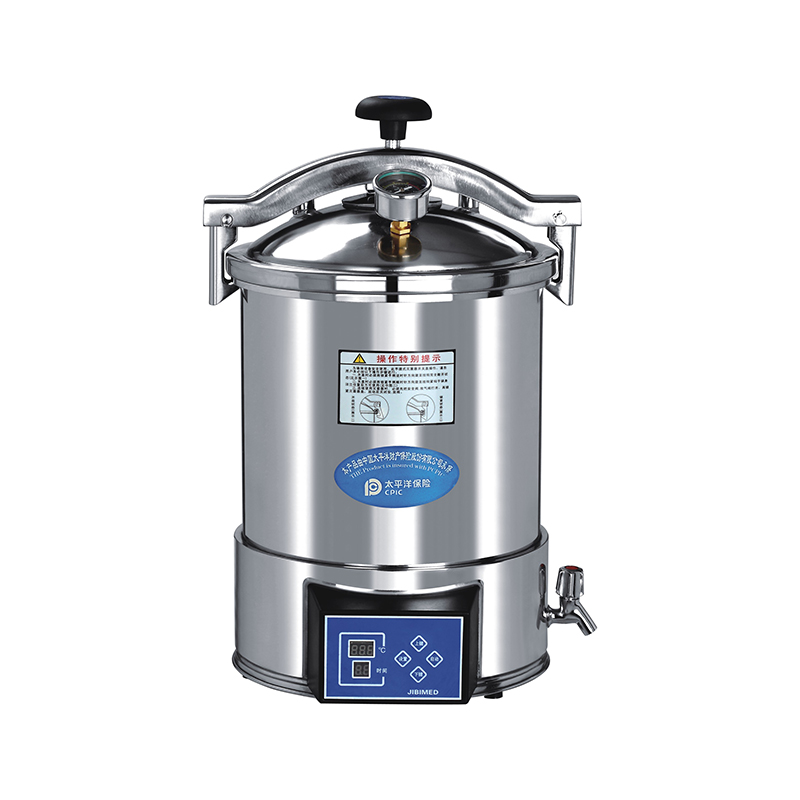Can a Wall-Mounted Plasma Air Sterilizer Maintain Its Effectiveness Over Time?
Posted by Admin | 09 Dec
Plasma air sterilizers, like the JIBIMED series, have garnered attention for their ability to sanitize indoor environments by harnessing the power of plasma to kill harmful pathogens in the air. As concerns about air quality and hygiene continue to rise, particularly in sensitive spaces like hospitals, pharmaceutical facilities, and public places, it's natural to question whether such a system can provide consistent, long-term sterilization without diminishing performance. One of the key selling points of plasma sterilization is its ongoing effectiveness, but like any technology, it requires proper maintenance and understanding of its operational limits.
To begin with, plasma air sterilizers work by generating ionized particles that interact with bacteria, viruses, and other airborne contaminants, breaking them down and rendering them harmless. This method is widely appreciated for its efficiency and speed, especially in environments that demand high sterilization standards, such as operating rooms, neonatal care units, and pharmaceutical manufacturing plants. The ability to continuously disinfect the air without the need for chemicals or frequent filter replacements is one of the major advantages of this technology. However, a critical question arises: can these units operate nonstop without losing their sterilizing capability over time?
The short answer is yes, but with some important caveats. Plasma sterilizers are designed for continuous operation, making them ideal for environments that require 24/7 air purification. However, like any long-term system, their efficiency can be influenced by factors such as maintenance, environmental conditions, and the accumulation of particulate matter. Unlike conventional air purifiers that rely on filters that need to be replaced regularly, plasma air sterilizers use electrodes or other plasma-generating components that can degrade with extended use if not properly maintained. While these systems don’t require regular filter changes, they do need periodic cleaning and inspection to ensure their continued effectiveness.
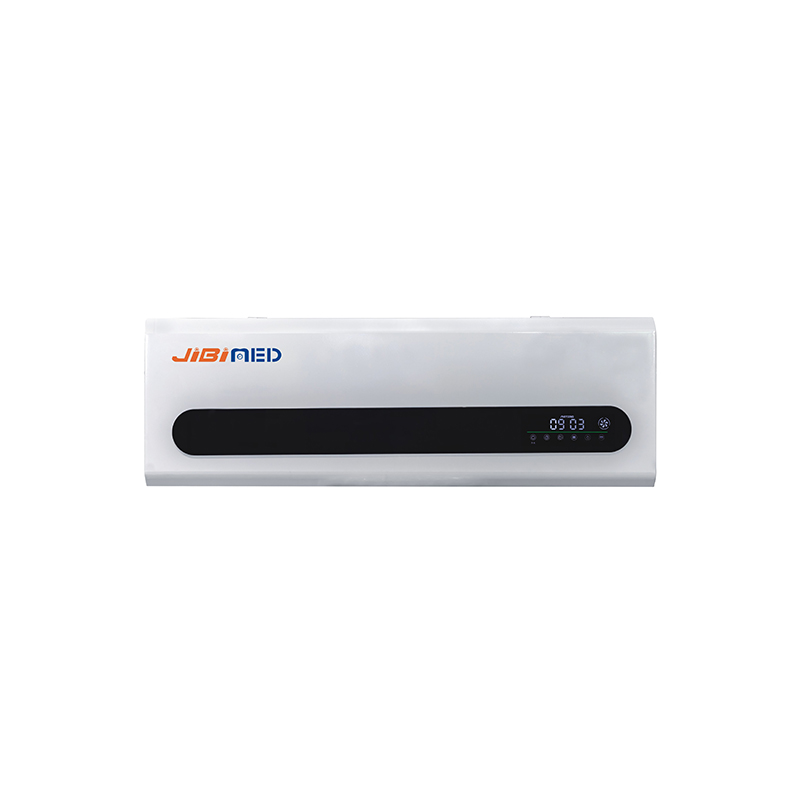
Over time, the plasma components in the sterilizer may lose some of their sterilization capacity due to buildup from airborne particles, such as dust or other contaminants, that interfere with the plasma generation process. Regular cleaning of the sterilizer’s electrodes or plasma units is crucial to keep them working at peak efficiency. If neglected, this buildup can reduce the effectiveness of the sterilizer and could potentially cause it to operate less efficiently. Fortunately, most manufacturers provide clear guidelines on maintenance schedules and how to clean the system, and in many cases, these components are easy to replace when needed. With proper care, the sterilizer can maintain its high sterilization capabilities for years, making it a reliable long-term solution for air disinfection.
Another factor to consider is the environmental conditions in which the sterilizer operates. Plasma air sterilizers are designed to perform optimally in controlled, clean environments. If the sterilizer is used in particularly dusty or polluted areas, it may face more frequent maintenance needs. However, when used in environments like hospitals or pharmaceutical labs, where air quality is carefully monitored and controlled, the plasma sterilizer can work effectively with minimal downtime or degradation in performance. Additionally, some advanced models are equipped with sensors that detect the air quality and adjust their operation automatically, ensuring that the sterilizer works efficiently without being overburdened by the air conditions.
The longevity of a plasma sterilizer also depends on the specific model and its components. Higher-end systems may have self-regulating features, such as automatic cleaning cycles for electrodes or advanced plasma generation units, which help maintain consistent sterilization performance. These systems are generally designed with durability in mind, capable of running continuously without significant degradation if maintained correctly. Still, the key to ensuring that a plasma sterilizer maintains its effectiveness over time lies in regular upkeep and attention to the system’s health.
Plasma air sterilizers like the JIBIMED series can indeed operate continuously without a significant loss in sterilization effectiveness, provided they are maintained properly. These systems offer an efficient, chemical-free solution to indoor air purification, especially in sensitive environments that demand high levels of hygiene. While there are some maintenance requirements, such as cleaning and occasional part replacements, these are relatively simple and straightforward tasks. With proper care, the plasma sterilizer can continue to deliver powerful, ongoing air disinfection for years, making it a reliable choice for anyone looking to maintain a clean, safe environment.


 English
English русский
русский Français
Français Español
Español bahasa Indonesia
bahasa Indonesia Deutsch
Deutsch عربى
عربى 中文简体
中文简体
